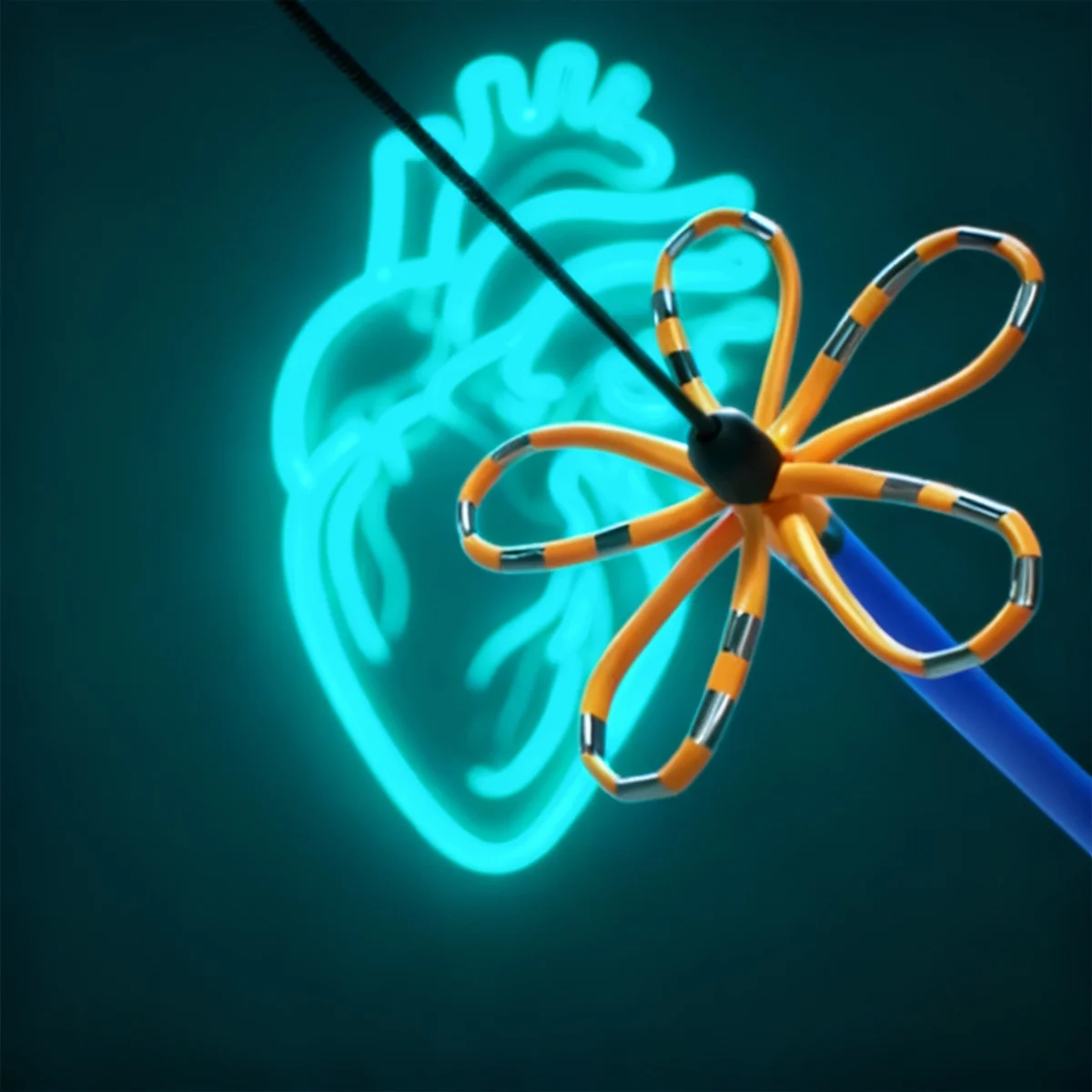Cardiology Research Study at Beacon Hospital
Beacon Hospital, together with Dr Jonathan Lyne, Director of Electrophysiology, is delighted to announce that it has been selected as one of only 12 cardiac centres of excellence in the world to take part in a groundbreaking clinical trial.
Beacon Hospital is the only centre in Ireland to be selected. The other 11 selected centres are located in the USA and the UK. The trial is working on a new type of Cardiac Resynchronisation Therapy (CRT) for heart failure patients. This technique utilises the hearts own electrical wiring system known as conduction system pacing.
Congratulations to Professor Lyne and all in Beacon Hospital’s Cath Lab, Clinical Trials and Research Institute teams.
Update: Research Published
In October 2024, the groundbreaking research led by Dr Jonathan Lyne was officially published, revealing key insights that could shape the future of cardiac resynchronization therapy (CRT). The study’s results provide valuable guidance for optimizing heart failure treatment, highlighting the benefits of advanced therapies like Left Bundle-Optimized CRT (LOT-CRT) in improving heart function and offering personalized care for patients with complex conduction disorders. This publication marks a significant step forward in improving outcomes for those with advanced heart failure.
Key Study Results:
- Improved Heart Function: LOT-CRT and BVP showed superior results, improving heart function more than LBBAP. Patients receiving these treatments experienced a significant boost in the heart’s ability to pump blood, offering hope for those with advanced heart failure.
- Wider QRS Benefits: The study revealed that patients with a wider QRS duration or deep septal pacing saw even greater benefits with LOT-CRT, which further enhanced heart synchronization.
- Personalized Care Options: The trial’s findings suggest that a tailored approach to CRT—using the heart’s own electrical system—may offer better outcomes for specific patient groups, particularly those with severe conduction issues.
Read the published study here.





